Research has shown that we can eat salted peanuts at night if we are looking for weight loss through food consumption. Although peanuts might help you lose weight, you need to watch out for the number of peanuts you eat before you go to sleep. It is a common belief that eating late at night, particularly in the hours immediately before going to bed, might hinder your efforts to reduce your body fat percentage and achieve your weight loss goals. According to different research, however, going to bed with a growling stomach might also be counterproductive to your efforts to reduce your weight. Hunger makes it difficult for you to fall asleep at night and might make you bad-tempered in the morning. As a consequence of this, you eat more and frequently make decisions about food that are poor for your health.
It is best to go to bed without experiencing any feelings of hunger if you want to be able to stick to your plan and successfully lose weight. You may choose from a wide variety of foods that are available late at night to eat in order to satisfy your hunger and obtain a good night’s sleep at the same time. Choosing foods that are both healthy and tasty is essential if you want to feel healthier and have greater control over your weight in the new year. And, whether you want to believe it or not, one item that meets the criteria is the lowly peanut. Peanuts, despite the fact that they are heavy in fat and calories, do not appear to cause an increase in body weight. In point of fact, observational studies have indicated that eating red skin peanuts could help you keep a healthy weight and minimize the likelihood that you will become obese. Peanuts are also an excellent source of the amino acid tryptophan, which has been shown to improve the quality of sleep. Additionally, your body uses tryptophan as a precursor for the production of chemicals such as serotonin and melatonin, both of which play a vital role in the regulation of sleep. Peanuts are also an excellent source of the amino acid tryptophan, which has been shown to improve the quality of sleep. Additionally, your body uses tryptophan as a precursor for the production of chemicals such as serotonin and melatonin, both of which play a vital role in the regulation of sleep.
peanuts for weight loss
How is eating beneficial for weight loss? While many factors, including sleep, stress, and exercise, affect weight loss, your diet is highly important in assisting you in losing weight. Here’s how eating peanuts could help with that.
- Peanuts’ nutrition help prevent hunger. Because of its high-fat content (one ounce of peanuts has 14 grams of fat), peanuts used to have a poor reputation, but today we know that eating fat doesn’t always result in weight gain. It’s the kind of fat that matters, and because most of the fats in peanuts are the good kind, monounsaturated, snacking on a few won’t do any harm to your diet.
In fact, the lipids with peanuts butter can aid in weight loss by encouraging satiety. These nutritious nuts’ lipids, together with their fiber and protein content, may help you feel filled for longer, which may lead to you consuming fewer calories from other meals. One study found that women who ate peanuts as a snack ingested fewer sweets than women who didn’t.
- Consuming peanuts might increase calorie burn, even while at rest.
Even when we are not moving around, our bodies can still burn calories or energy. Additionally, much like the calories, you consume, the calories you burn can assist in creating the shortfall required for weight reduction. A fun tidbit about peanuts: they can actually raise REE when consumed! In one study, participants REE increased by 11% after eating peanuts for eight weeks instead of other sources of fat. It’s probably not the best idea to sit in front of the television with a spoon and a jar of crunchy peanut butter if you’re attempting to reduce the amount of weight gain you’ve experienced recently. Peanuts may be included in a healthy diet, however, like all other foods, the right quantity size must be consumed. One popular approach to consuming peanuts is to pair them with a nutritious carbohydrate. As an illustration, you might spread some peanut butter on a slice of whole-grain bread and have a handful of peanuts with a fresh apple for a balanced and nutritious snack. The oil and protein in the peanuts can slow digestion and make you feel fuller for a longer period of time while the carbohydrates provide the body with energy.
Other inventive methods to satisfy your peanut craving:
- Add a spoonful of peanut butter to smoothies as a source of protein.
- For a nutritious trail mix, combine peanuts and raisins.
- Enjoy whole-grain noodles with a foundation of creamy peanut butter spaghetti sauce.
- Crushed peanuts can provide a nice crunch to a salad.
Among all the different varieties of raw peanuts , which one is the best if you are on a weight loss diet? Although our company provides peanuts in various ways, consider which one is more beneficial for you if you don’t plan on gaining weight.
Choose peanuts that have not been flavored, have had a limited amount of processing, and do not include any added salt or other substances. This is always your best choice. Save yourself the extra calories by avoiding candied peanuts, which have a sugar coating. Enjoy your roast peeled peanuts with the skins on for an added boost of antioxidants and fiber. Increased fullness may result from the additional fiber. Approximately 116 calories per 1/4 cup (146 grams) of boiled peanuts are less than those in raw or roasted form, which have 207 and 214 calories, respectively. It’s possible that boiling peanuts won’t fill you up as much as raw or roasted peanuts because they have 50% less fat. In light of this, pick the variety you want and always be aware of your portion proportions. Choose unshelled peanuts since they take longer to open, which may help you avoid mindless snacking and, in the end, better control your portion sizes and calorie intake. Even though peanut butter might be a nutritious choice, stick to natural peanut butter that doesn’t have any salt, processed oils, or other additives.




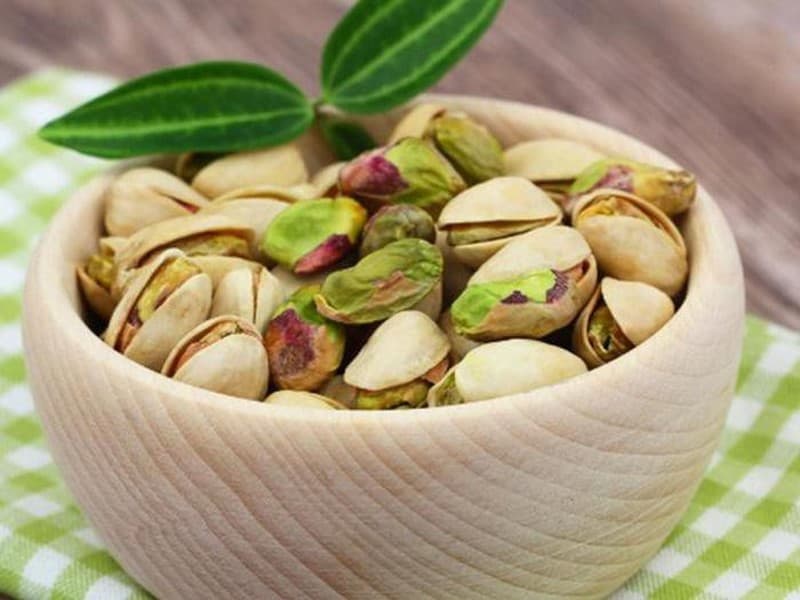
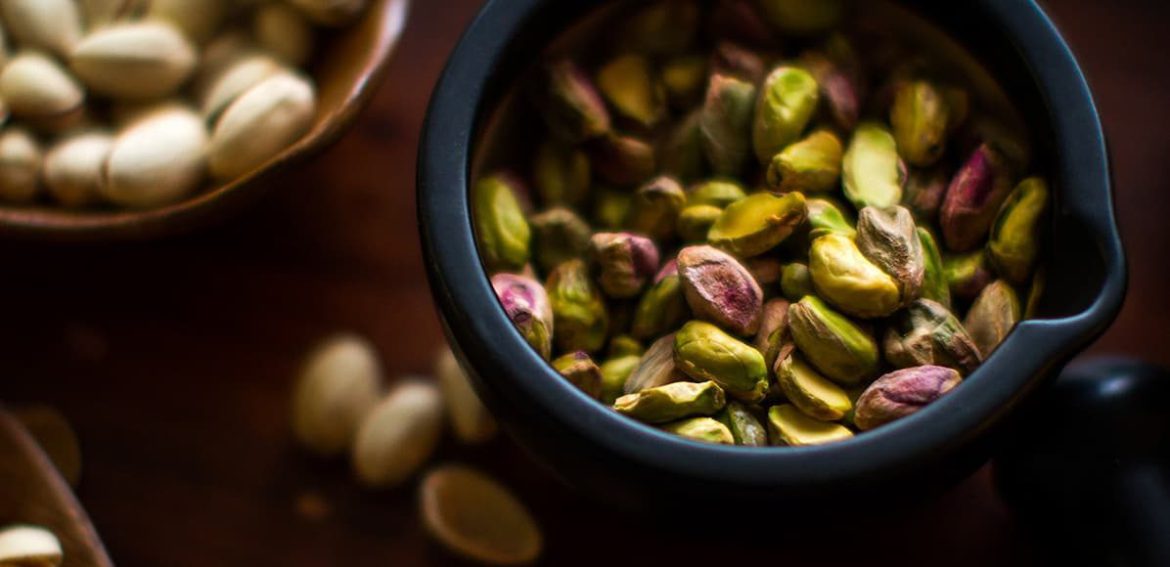
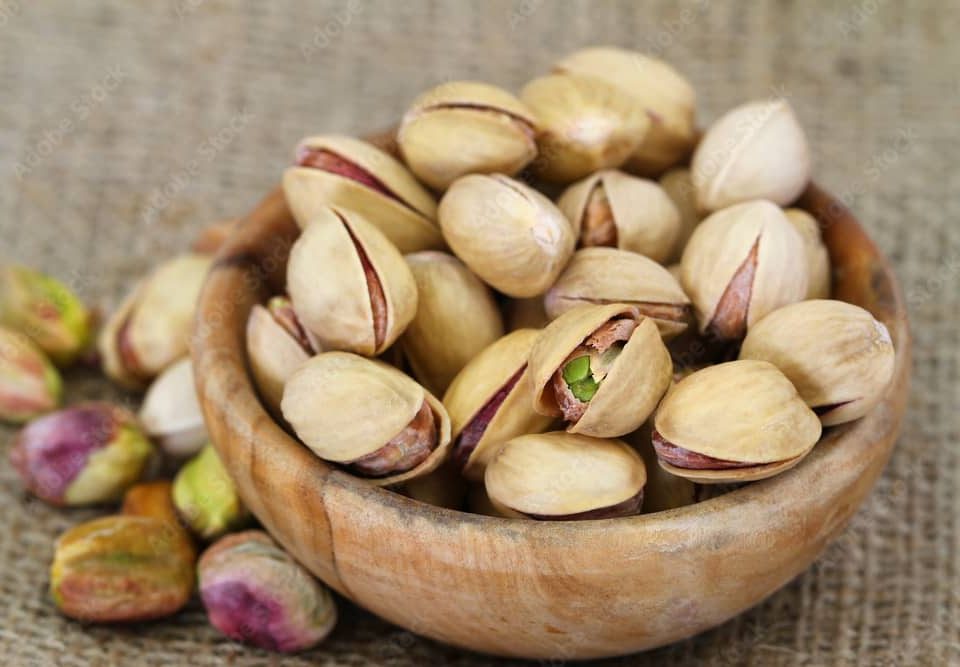
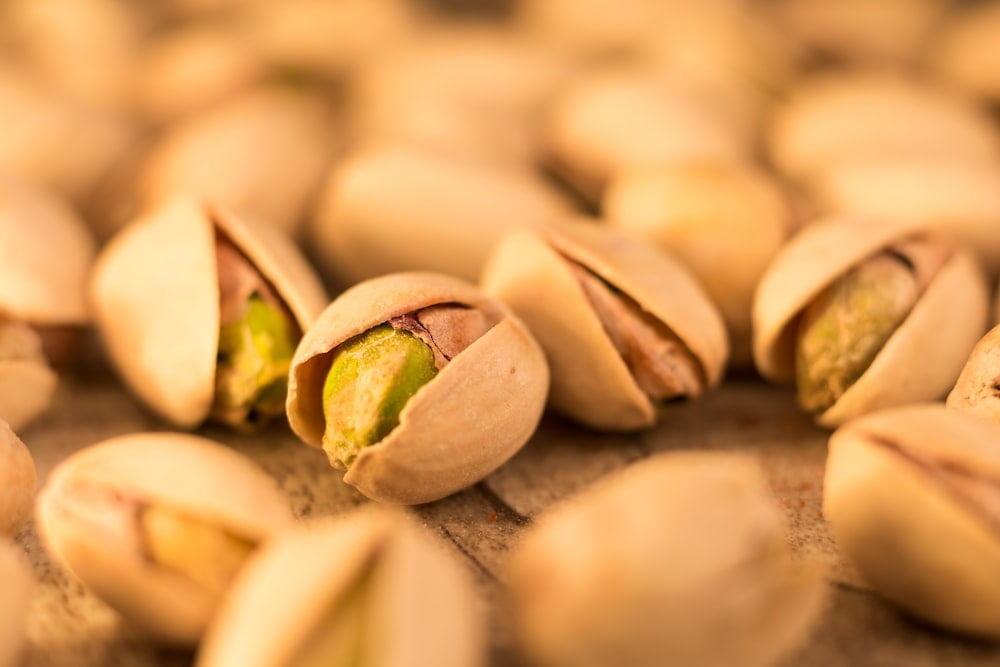
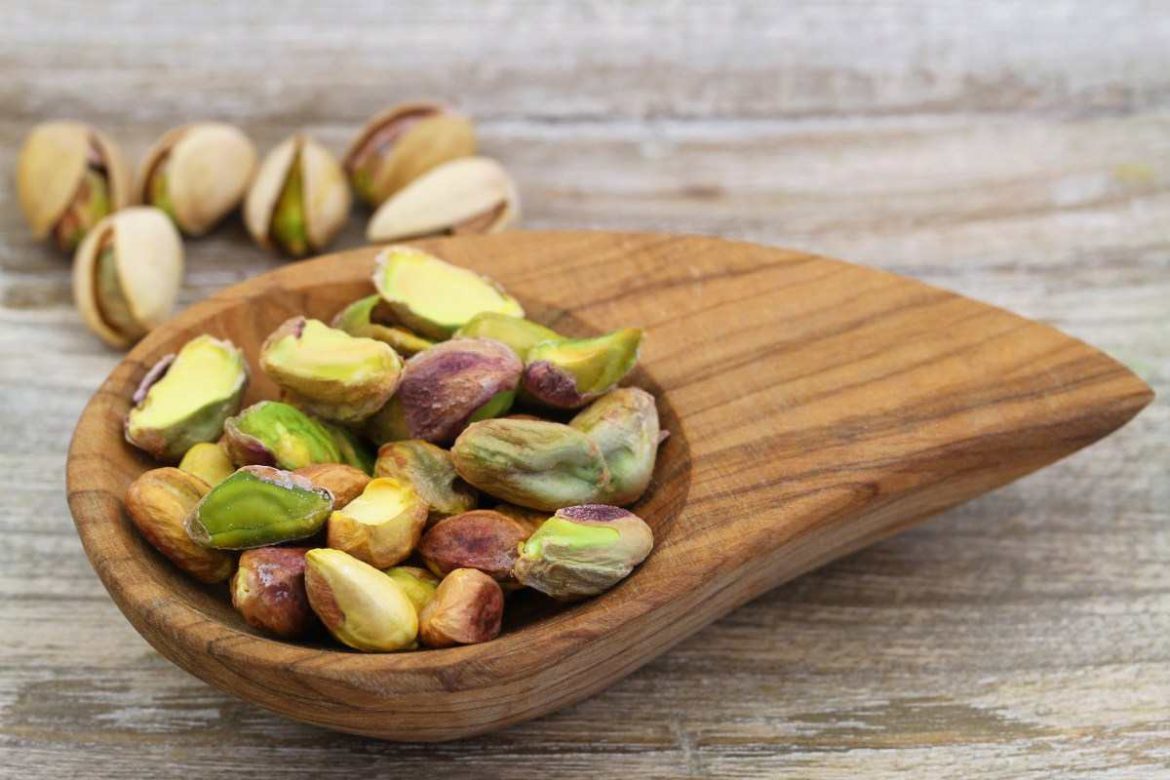
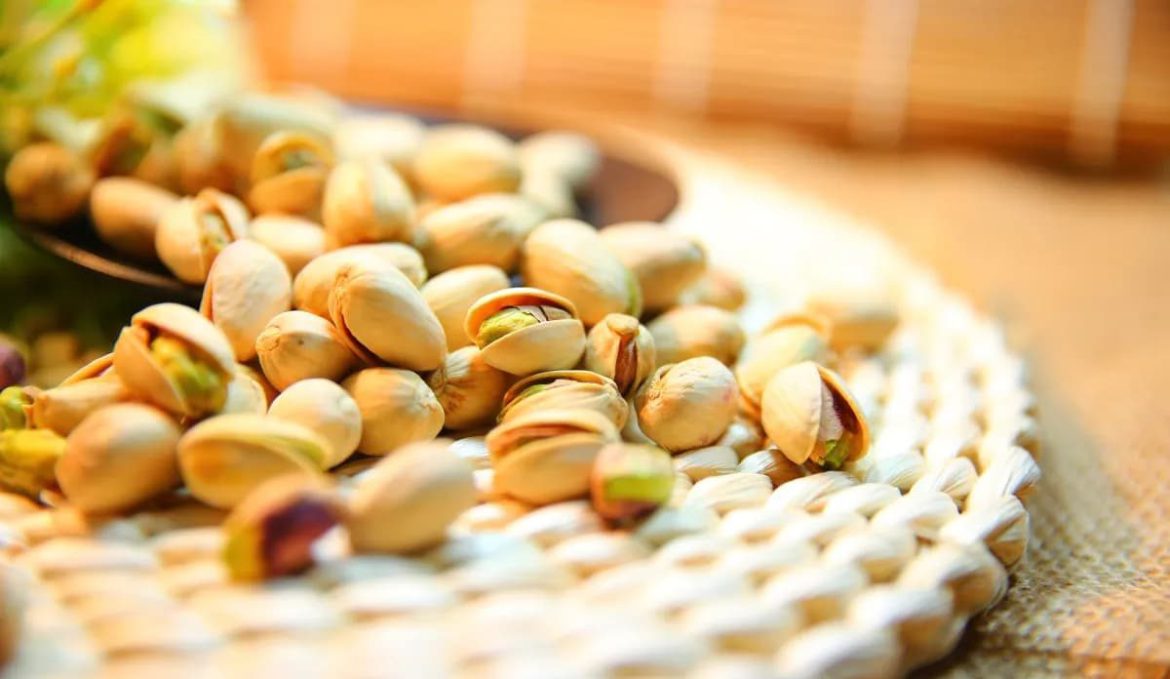
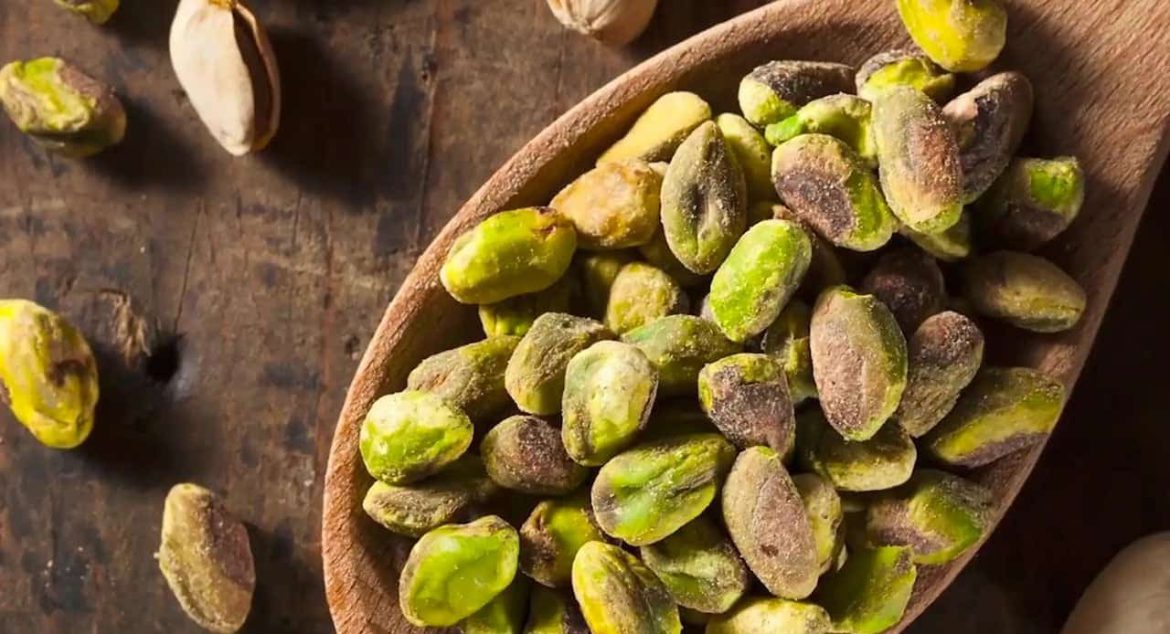
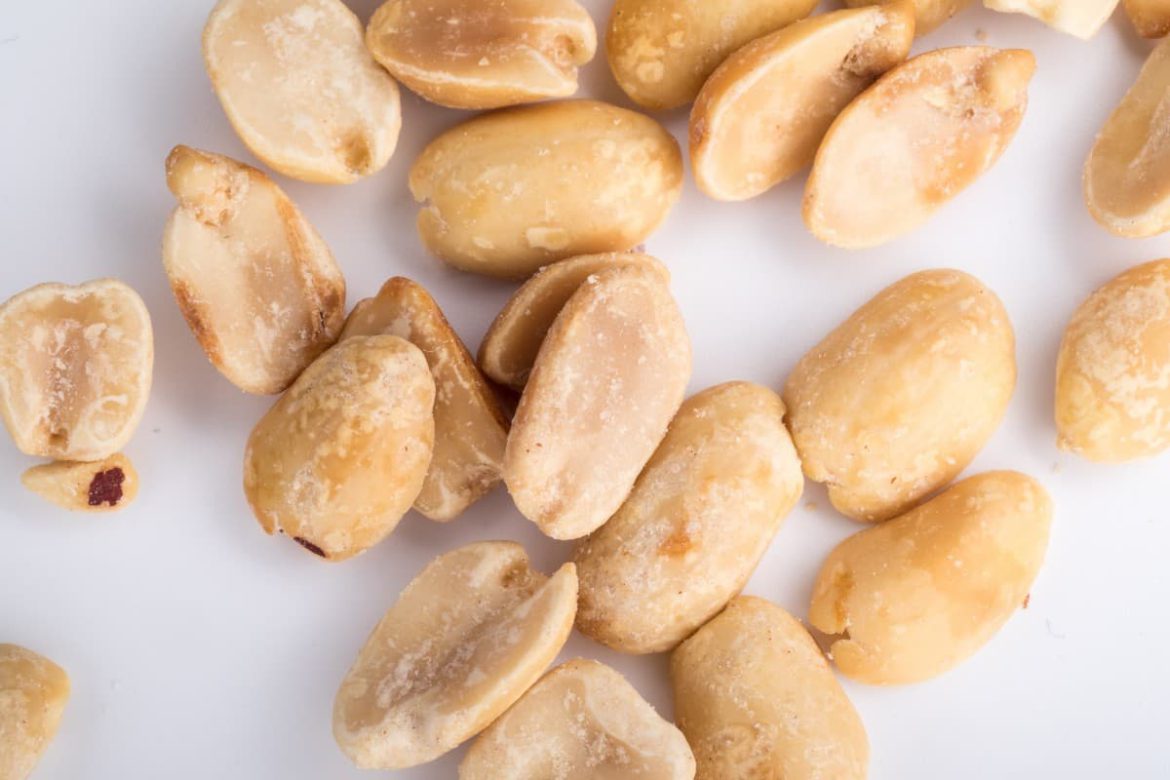
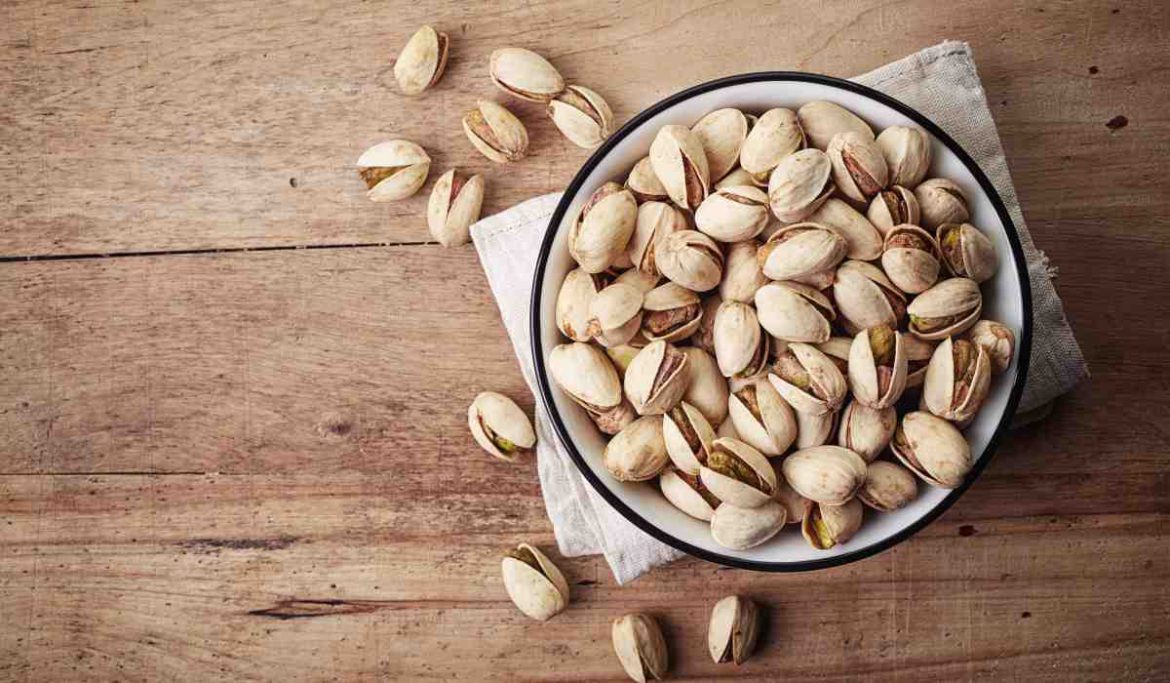
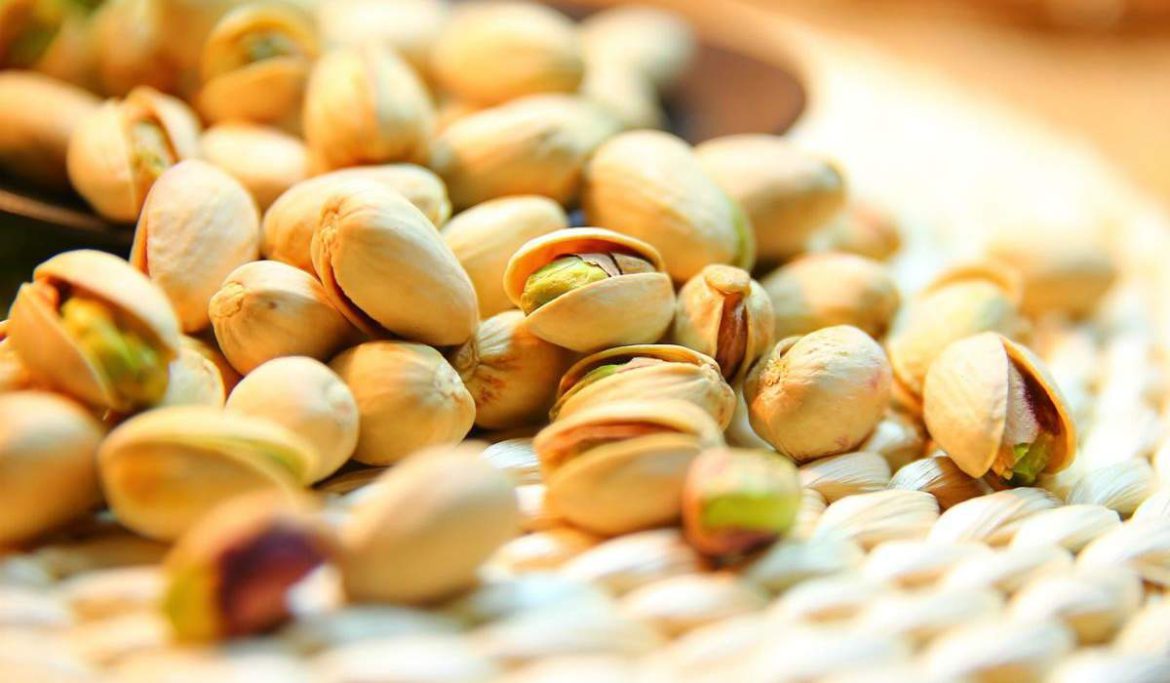
Your comment submitted.